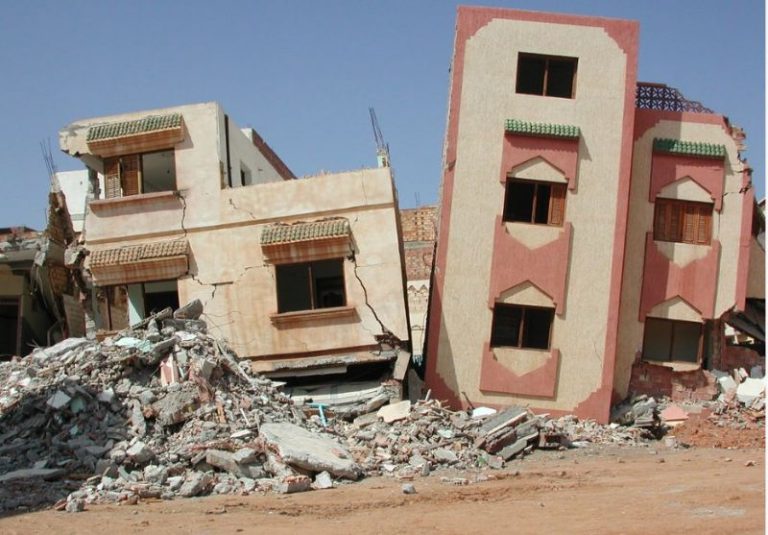A 6.8 magnitude earthquake, on Friday night, hit Morocco killing 632 people in the High Atlas region, adjacent to the historic city of Marrakech.
According to the Morocco’s interior ministry on Saturday morning, the preliminary death toll stood at 632, and 329 injured.
It added that the earthquake, which struck shortly after 11 p.m., affected the provinces of Al Haouz, Ouarzazate, Marrakech, Azilal, Chichaoua and Taroudant.
The tremors were felt as far as Rabat and Casablanca on the Atlantic coast, where some residents fled their homes and spent the night on the streets.
An official told Reuters that most of the dead were in remote mountain villages in the High Atlas in central Morocco.
Landslides triggered by the earthquake have impeded rescuers’ access to some villages. Authorities in Marrakech have called on residents to donate blood.
The old city center, with its markets, traditional houses, museums and mosques, is a UNESCO World Heritage site.
Local reports say that a section of the medieval city wall surrounding the center has cracked in at least one section.
Beyond the destruction and loss of life, authorities will be worried about the earthquake’s impact on tourism.
Marrakech is a popular travel destination and the number of visitors is expected to surpass pre-Covid levels this year.
According to the tourism ministry, Morocco was on track to attract a record 14m visitors in 2023.
In Marrakech, some houses in the tightly packed old city had collapsed and people were working hard by hand to remove debris while they waited for heavy equipment, said resident Id Waaziz Hassan.
Footage of the medieval city wall showed big cracks in one section and parts that had fallen, with rubble lying on the street.
Another Marrakech resident, Brahim Himmi, said he saw ambulances coming out of the old town and many building facades damaged. He said people were frightened and were staying outside in case of another quake.
“The chandelier fell from the ceiling and I ran out. I’m still in the road with my children and we’re scared,” said Houda Hafsi, 43, in Marrakech.
Another woman there, Dalila Fahem, said there were cracks in her house and damage to her furniture. “Fortunately I hadn’t gone to sleep yet,” she said.
People in the capital city of Rabat, about 350 km north of Ighil, and in the coastal town of Imsouane, about 180 km to its west, also fled their homes, fearing a stronger quake, according to Reuters witnesses.
In Casablanca, some 250 km north of Ighil, people who spent the night in the streets were too scared to return to their homes.
“The house rocked aggressively, everyone was scared. I thought it was only my house that was moving because it’s fragile and old. I heard people screaming, everyone went out of their houses,” said another resident.
Videos shared on social media of the immediate aftermath of the quake, which Reuters could not immediately verify, showed people fearfully running out of a shopping center, restaurants and apartment buildings and congregating outside.



